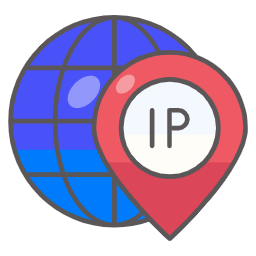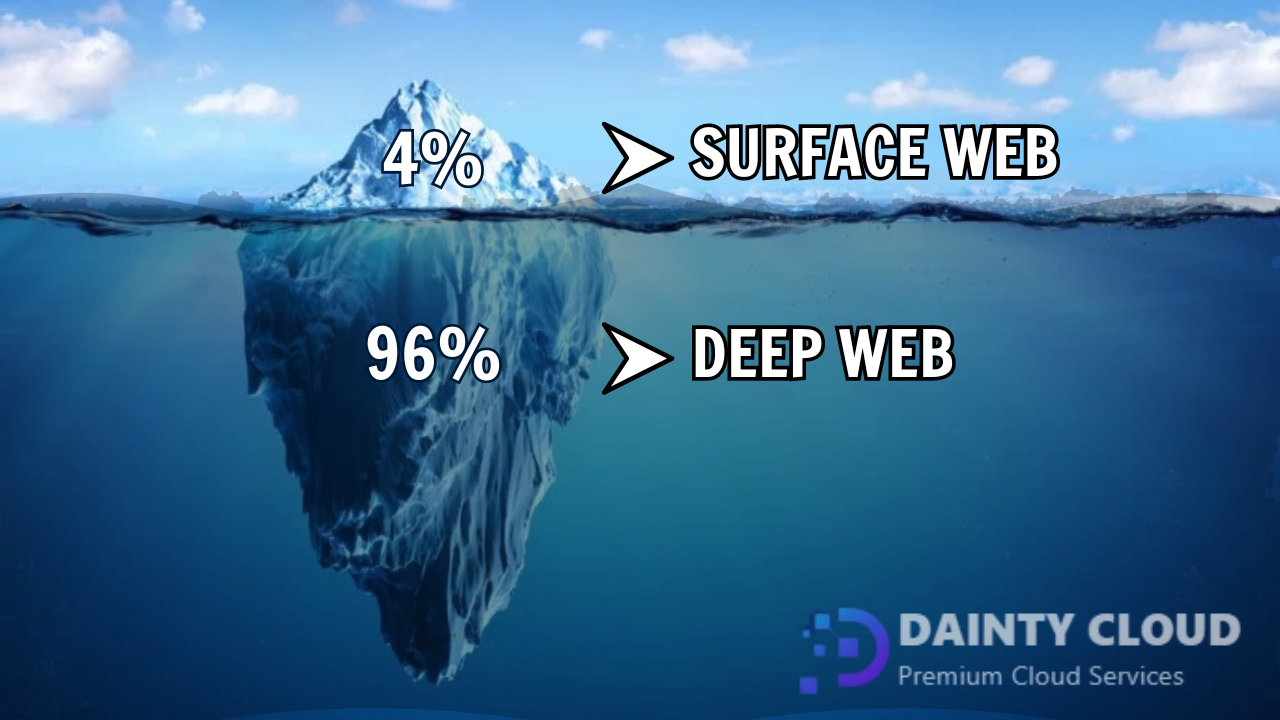What is the Deep Web? Should you access the Deep Web?
In the digital age, you may hear a lot about the Deep Web and be curious about it. Although social science and information technology are developing rapidly today, we still have not reached all the contents of the Deep Web, because these contents are not made public, and are where many activities take place. with high information security. So what is the Deep Web? Should you access the Deep Web?
What is the Deep Web?
The Internet is a vast space with extremely diverse information. However, not all websites on the Internet are indexed and displayed by search engines such as Google, Bing,… and displayed to users. These websites are called Deep Web.
The Deep Web is like an iceberg, a part of the Internet that is not indexed or accessed through regular search engines. In the Deep Web, information is stored in databases that are not indexed. These sites often require special login or connection information to access.
Deep Web has a very large scale. According to assessments, although it is still impossible to calculate accurately, it is estimated that they account for about 96% of the total amount of information on the Internet, which can contain more than 7.5 Petabytes.
 What are the benefits of the Deep Web?
What are the benefits of the Deep Web?
The Deep Web can contain a lot of useful information, such as:
– Personal information: medical records, financial information,…
– Academic documents: theses, books, magazines,…
– Research data: scientific data, statistical data,…
– Commercial services: buying and selling goods, services,…
– Online community: forums, social networks,…
It can be seen that this is not the completely dark space that people often think, in a positive sense, this is a hidden space. The Deep Web also offers important benefits to some users and organizations, such as:
Privacy security
The Deep Web provides a safer environment for the exchange of information between users, you can browse the web without leaving any traces, ensuring maximum privacy protection.
Security for sensitive information
For organizations and individuals who need to protect sensitive information, the Deep Web is a more secure storage space, especially when information is stored in non-public databases.
Provide in-depth information sources
The Deep Web contains many sources of in-depth information, including digital libraries, academic research, and specialized databases that are not available on public Internet platforms.
Ensure the principle of freedom of speech
Some people view the Deep Web as a freer space where they can discuss and share opinions without censorship or undue control.
What are the dark sides of the Deep Web?
The Deep Web not only brings benefits but also has notable dark sides. Typically as:
Is a place where illegal activities take place
The Deep Web is often associated with illegal activities such as drug trade, arms sales, other criminal transactions, etc. This can even be a place for criminal intelligence activities. , which stores sensitive information, poses a significant risk to national security.
Data theft
Due to the anonymous nature of the Deep Web, the risk of cyber attacks and personal data theft increases. Information stored on the Deep Web can be exploited for criminal purposes.
Risk of malware
The Deep Web can contain many web pages and files containing malware, viruses or malware, etc. This malware can cause harm to your computer, including data loss, hardware damage or even take control of your computer.
Should you access the Deep Web?

After answering the question “What is the Deep Web ?“, users often wonder whether they should access the Deep Web or not? The answer depends on the user’s specific purpose, needs, and level of understanding of the risks involved.
If you need to search for useful and legitimate information, the Deep Web can be a valuable resource. However, if you do not have a specific purpose, or do not have the necessary knowledge and skills to protect yourself, it is best to avoid accessing the Deep Web just out of curiosity.
If you need to access the Deep Web, the following notes will help you access more safely:
– Use a secure browser, such as Tor or Whonix, This will help hide your IP address and increase online privacy
– Use a virtual private network (VPN) to encrypt your traffic.
– Be careful with the information you provide on the Deep Web, make sure you do not reveal personal information such as name, address, phone number or bank account information. You should maintain a high level of anonymity to protect your privacy.
– Do not download any files from the Deep Web whose origin you are unsure of.
In summary, given the dangers and risks of information security, users need to consider carefully when accessing the Deep Web.
Dainty Cloud hopes this article will provide you with a lot of useful information. If you have any questions about VPS services, please contact us for advice and to register for a free VPS account.









 What are the benefits of the Deep Web?
What are the benefits of the Deep Web?





